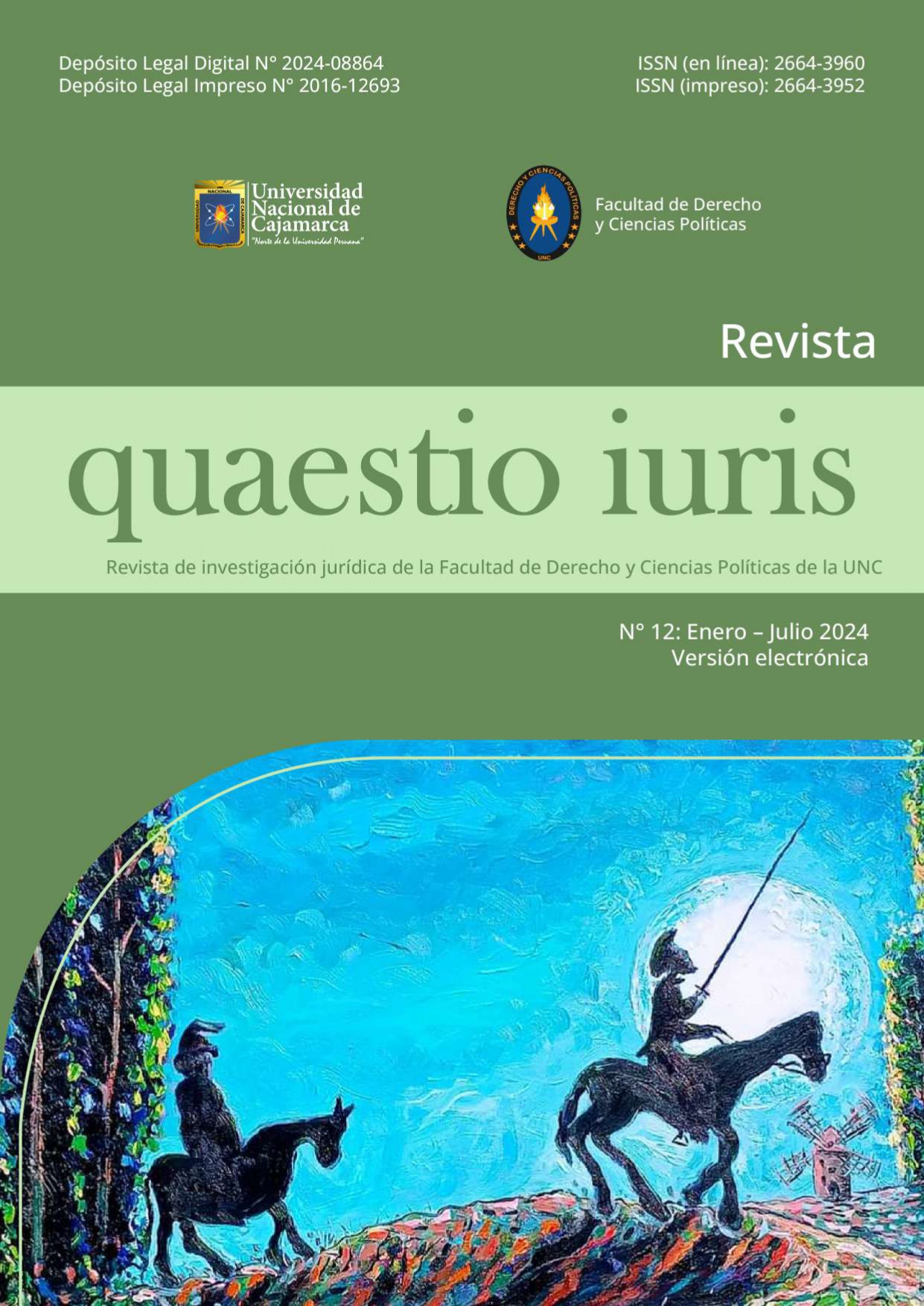Artificial Intelligence and Human Rights: ethical guidelines
DOI:
https://doi.org/10.70467/rqi.n12.1Keywords:
Fundamental Rights, Artificial Intelligence, Technological Advance, Privacy, Justice, Equality, Discrimination, AlgorithmAbstract
Technological advancement in the world has brought with it the consolidation of Artificial Intelligence (AI); However, this drastic change in societies shows challenges, especially of an ethical scope, in relation to Human Rights, especially in the field of justice, employment, privacy and equality. In this academic work, the implications derived from the application of AI in everyday life are analyzed, under a philosophical and ethical approach, where empirical cases should not be evaluated in isolation, but on the contrary, in a cohesive manner with the current legal system. Likewise, some possible alternatives are proposed for addressing critical cases, especially those that carry a risk of transgression of the Fundamental Rights of citizens.
Downloads
Downloads
Published
Issue
Section
License
Copyright (c) 2024 Revista Quaestio iuris

This work is licensed under a Creative Commons Attribution-NonCommercial 4.0 International License.







